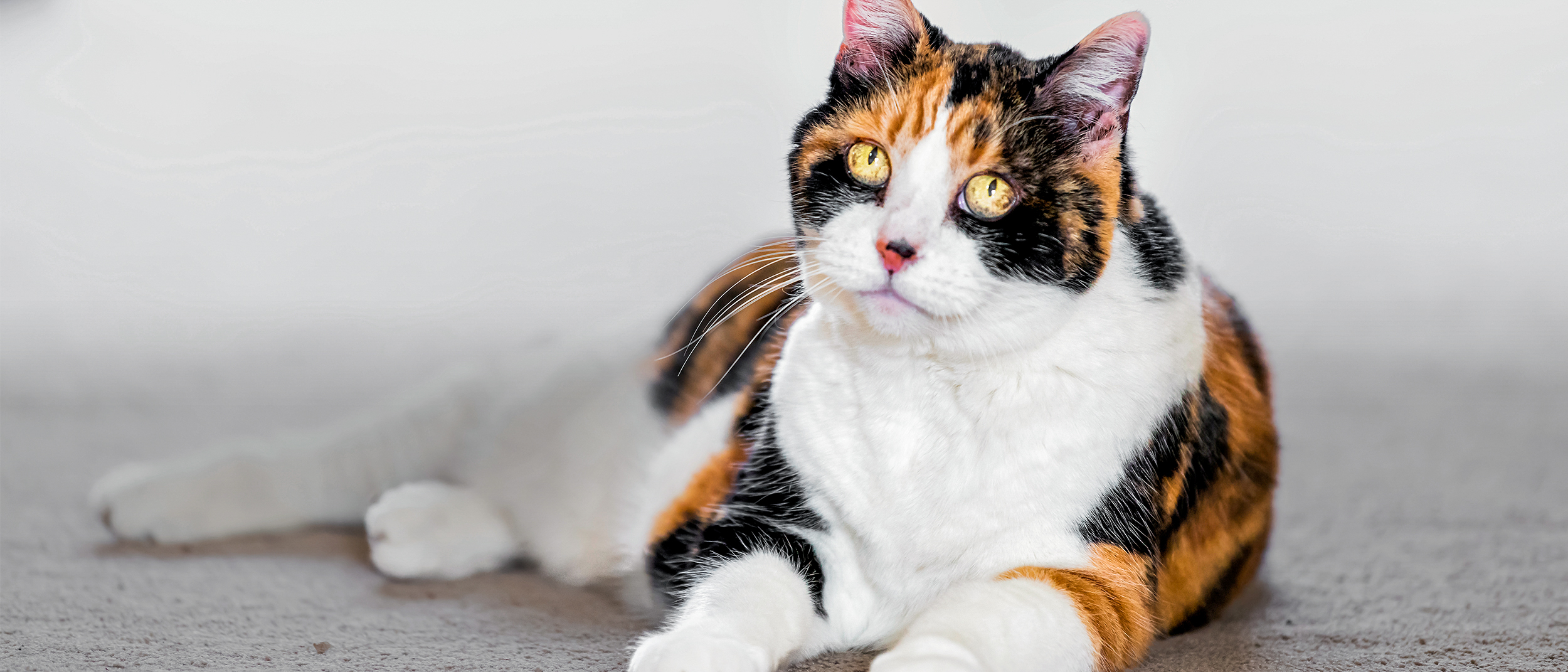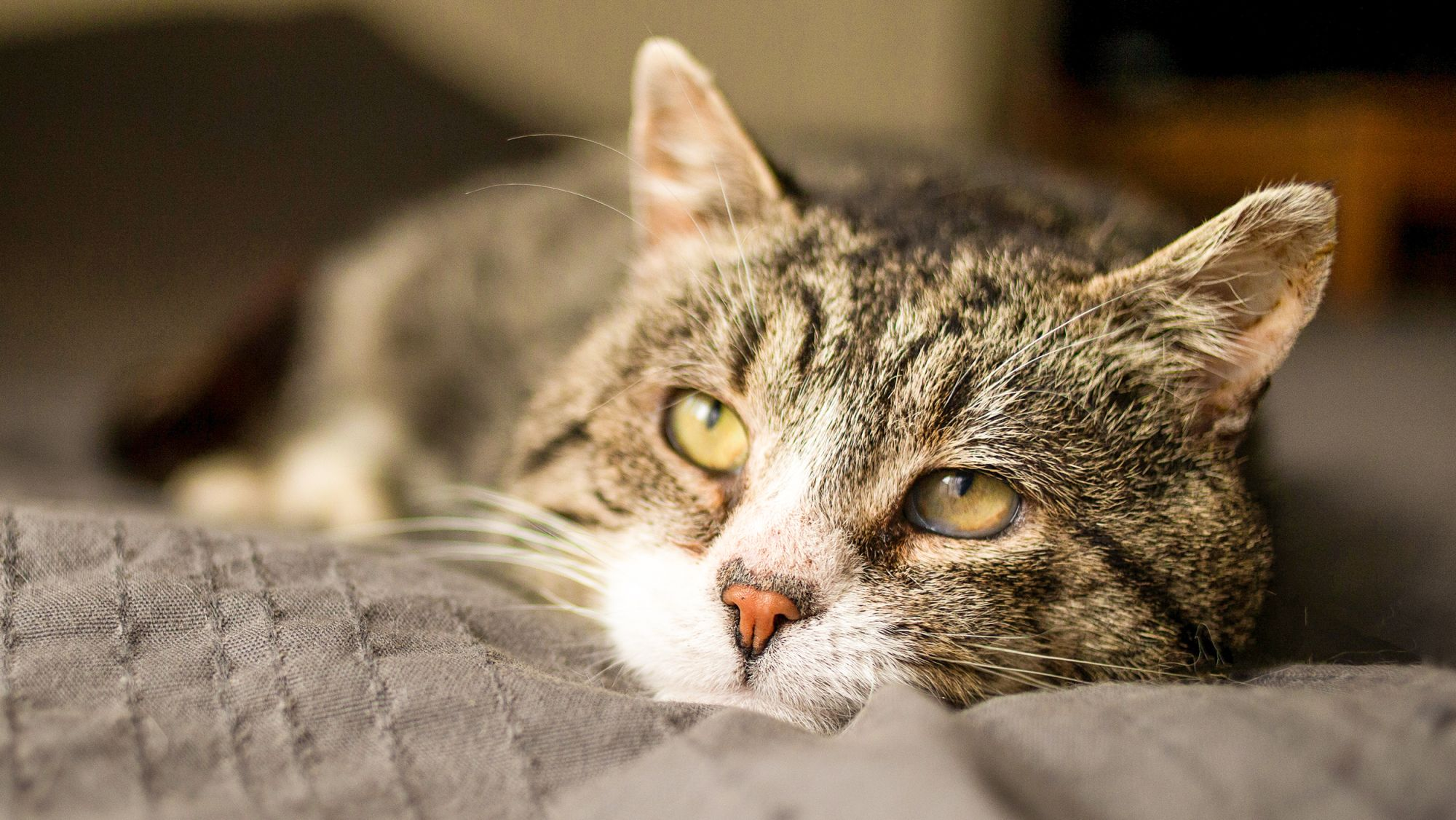How old age affects cats
Article

Throughout each stage of your cat’s life, it needs different care to support its wellbeing – whether that’s the growth stage during their life as a kitten or supporting their health as a senior cat. But when does your cat become senior, and what changes might you notice?
Your cat’s age in human years
Just as with humans, the ageing process is an individual experience and different cats will show signs of ageing at different times. However, in general your cat’s body will start to show the first signs of ageing at a cellular level at seven years old – but you won’t be able to see any outward symptoms until your cat is about 12 years old. From this point on, the cells in their body are slowing down and their bodily functions are less effective, including their heart and immune system.
The veterinary classification of your cat’s age is:
- At seven to 10 years, your cat is mature
- At 11 to 14 years, it’s considered senior
- From 15 years upwards, it is classified as geriatric
To understand this in terms of human years, a 10-year-old cat would be the equivalent of a 56-year-old human. It’s not uncommon for cats to live up to 20 years – that’s the same as a 96-year-old human.

The signs of ageing in your cat
Although each individual cat will display signs of ageing differently, there are some common ageing processes which happen to every cat. Their smell, taste and hearing become less acute, which has an impact on their appetite. This can also be affected by dental issues, such as the teeth showing wear, gum disease or tooth loss. A combination of these problems can then lead to weight loss.
Their joints are less flexible, especially if affected by osteo-arthritis, which can result in severe pain and mobility issues. This inflexibility also affects their ability to groom themselves properly, which in turn has an impact on their coat and skin.
The coat itself may become whiter and you might see decline in its quality as the sebaceous glands – which produce nourishing oils for the skin – are less productive. The natural ability to produce an immune response tends to decrease with age, exposing the cat to more risks of infection and disease. Several metabolic processes like digestion are also altered as the ability to process fats and proteins decreases as the cat grows older.
Senior cats may exhibit altered behaviours including a lack of interaction or making noises at unsociable times. They may sleep more, but less deeply, which can interrupt their routine and cause behavioural issues.
Symptoms of illness in senior cats
Sometimes, these symptoms in an older cat aren’t simply a sign of ‘getting older’; they may also be a symptom of a bigger problem.
Cats tend to hide any illness, limiting their movement or activity which may exacerbate the problem, rather than indicating pain through noticeable signs such as limping or making noise. For this reason, it’s important to take note of any subtle changes in their behaviour – such as refusing to eat or no longer jumping up to their favourite spot – and take them to your vet for a check-up.
There are some common symptoms to look out for in a senior cat which may indicate an underlying issue:
- Loss of appetite or weight, which can indicate a digestive issue
- Increased urination or thirst; potentially a sign of urinary problems
- Stiffness, limping or difficulty getting up, which may be arthritis
- Appearing disoriented, anxious, or exhibiting unusual behaviour
By making sure you visit your vet regularly, you’ll be able to catch any serious conditions before they develop and ensure you provide the best care possible for your senior cat.
Like & share this page with your friends & family